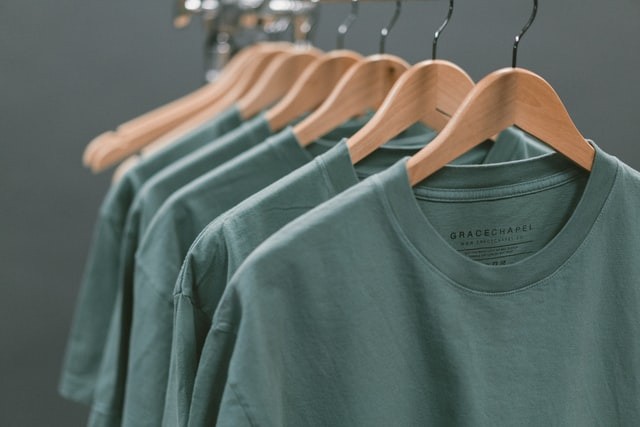Experts have developed a new COVID-19 sensor that is waterproof and can be embedded in an individual's clothes. According to Techcrunch's latest report, The Massachusetts Institute of Technology (MIT) has developed a new type of lightweight sensor that is light and thin enough that it can be placed within flexible fabric. This includes the various types of polyesters that are usually used in athletic wear.

The newly developed sensor can monitor the wearer's vital signs, including his or her respiratory rate, heart rate, and body temperature.
These sensors are machine-washable and can be integrated into fabrics, but they also do not jeopardize the design of the clothes. They can also be removed if not used and can be placed into another garment.
MIT has developed washable COVID-91 sensors that be integrated into your clothes
According to Techcrunch, research was conducted by MIT to design a prototype that can communicate with a smartphone. The study aims to eventually conduct mass production of the sensors together with partners in China.
The prototype has potential applications across the sports industry, health industry, and even in space which can be used to monitor the vital signs of an astronaut during a space mission.

According to the report, the National Aeronautics and Space Administration (NASA) and MIT Media Lab Space Exploration Initiative partly funded the research. The sensor also has other uses during the ongoing pandemic caused by COVID-19. Health facilities will also benefit from the prototype even when the pandemic comes under control.
The sensor can be used with patients who have underlying chronic conditions that require regular check-ups and monitoring with their physicians. Maintaining a constant report with medical experts is quite difficult since it is done manually.
Rather than rely on updates from their doctors or medical experts--either in-person or via telemedicine--people will be able to provide a steady stream of their biometric data to their healthcare professionals who will monitor their treatment remotely.
The washable-sensors can also automate the process which will make treatment or observation easier for both parties, as well as their caregivers who can receive updates in real-time.
The report said that remote healthcare solutions are already seeing a massive increase in demand because of the novel coronavirus. This is especially true for those who have underlying chronic illnesses and pre-existing conditions which makes them more vulnerable to the virus.
Wearable sensors that can be integrated into fabric have already been developed and tested before. However, the prototype version made by MIT is the most wearable and most effective in terms of convenience and comfort.
Several companies are already experimenting with washable-sensors including US primary care startup "Forward," which started to distribute biometric sensors to its patients for at-home check-ups and monitorings.
Also Read: Coronavirus Update: US-Approved Abbott Testing Kit Admits 15% False Negative Results May Happen
ⓒ 2026 TECHTIMES.com All rights reserved. Do not reproduce without permission.




